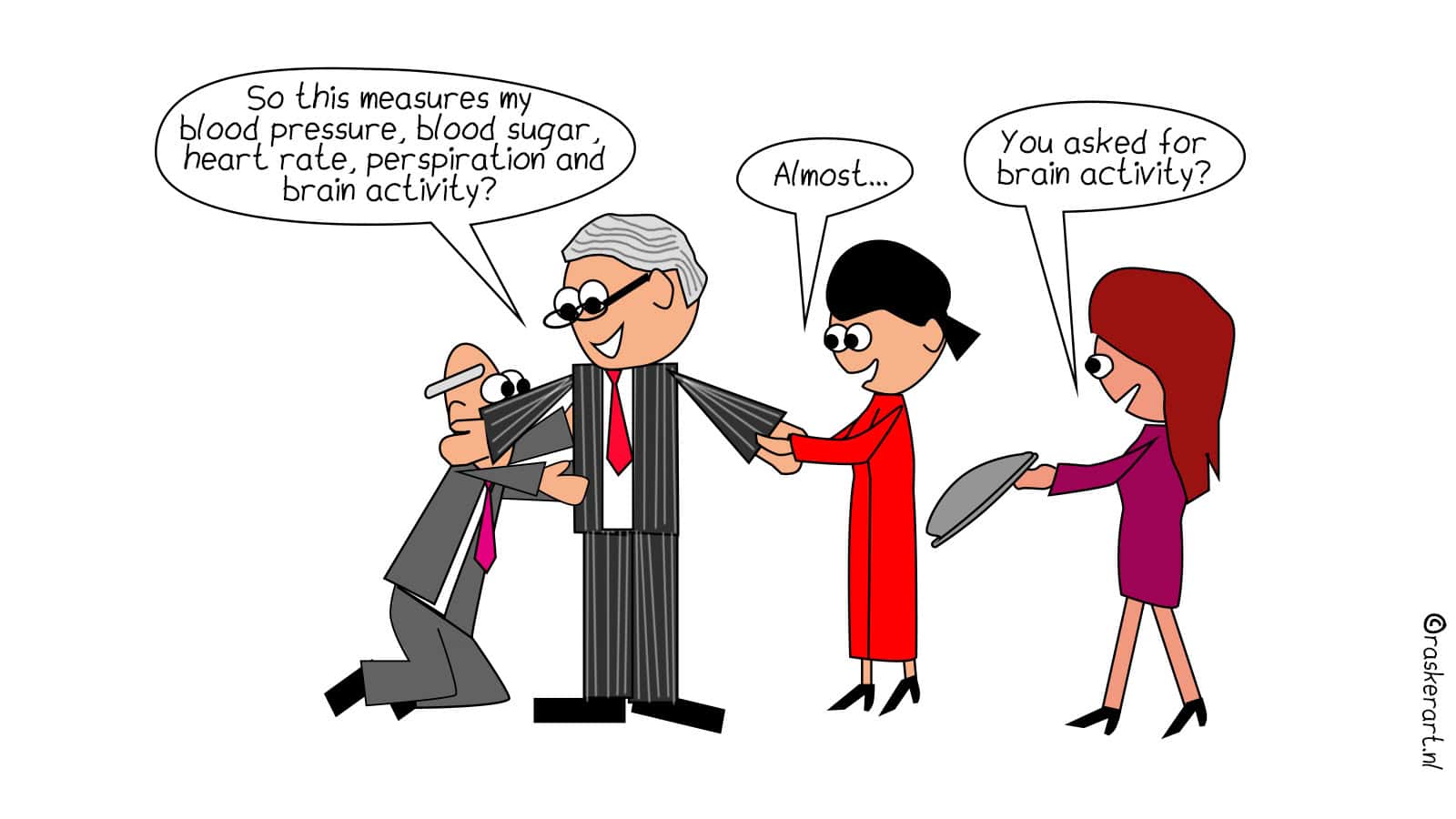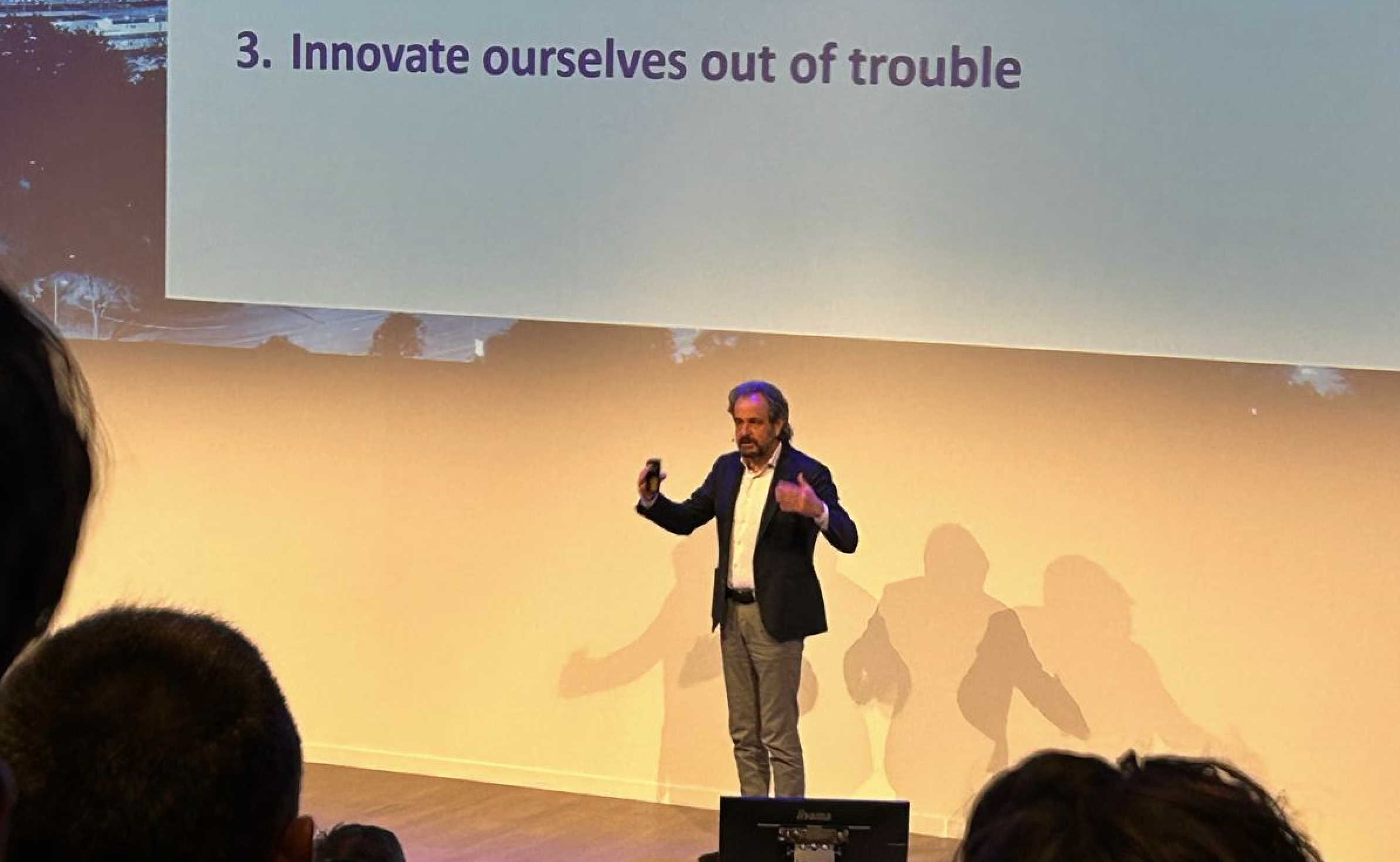
Artificial Intelligence (AI) has come to control our lives step by step. Not everyone is equally aware of this, which is both convenient and risky. It is convenient because even people who know nothing about the technology behind it can benefit from it. But it poses a big risk for the same reason: because we have no idea when, in what way and with what depth AI is in our lives. Exactly those questions were the subject of discussion last week during a thinking day at the Eindhoven Evoluon.
Here the whole article that colleague Youri van Heumen wrote about it:

“AI can be abused very easily if it ends up in the wrong hands,” says Professor Wijnand IJsselsteijn. Therefore, he says, it is high time to regulate AI. “It’s time for lawmakers and governments to draw a line. AI can become as destructive as we want it to be. How far we let it get is mainly up to ourselves.” (we think this is something Albert Jan Rasker was wondering as well…)
According to IJsselsteijn, lack of transparency is a dangerous development: “AI is not explainable enough. Because of that lack of transparency, Big Tech companies profit from all the data collected while no one has a clue what happens to that data.” We are far from there – nor is there any reason to throw the baby out with the bathwater – but awareness is the beginning of any solution. For that very reason, we will continue to publish about the opportunities and risks of artificial intelligence.
For example, read the columns that computer ethicist Dr. Katleen Gabriels wrote for us here.
Just click here if you want to reflect on everything else we published last week.








